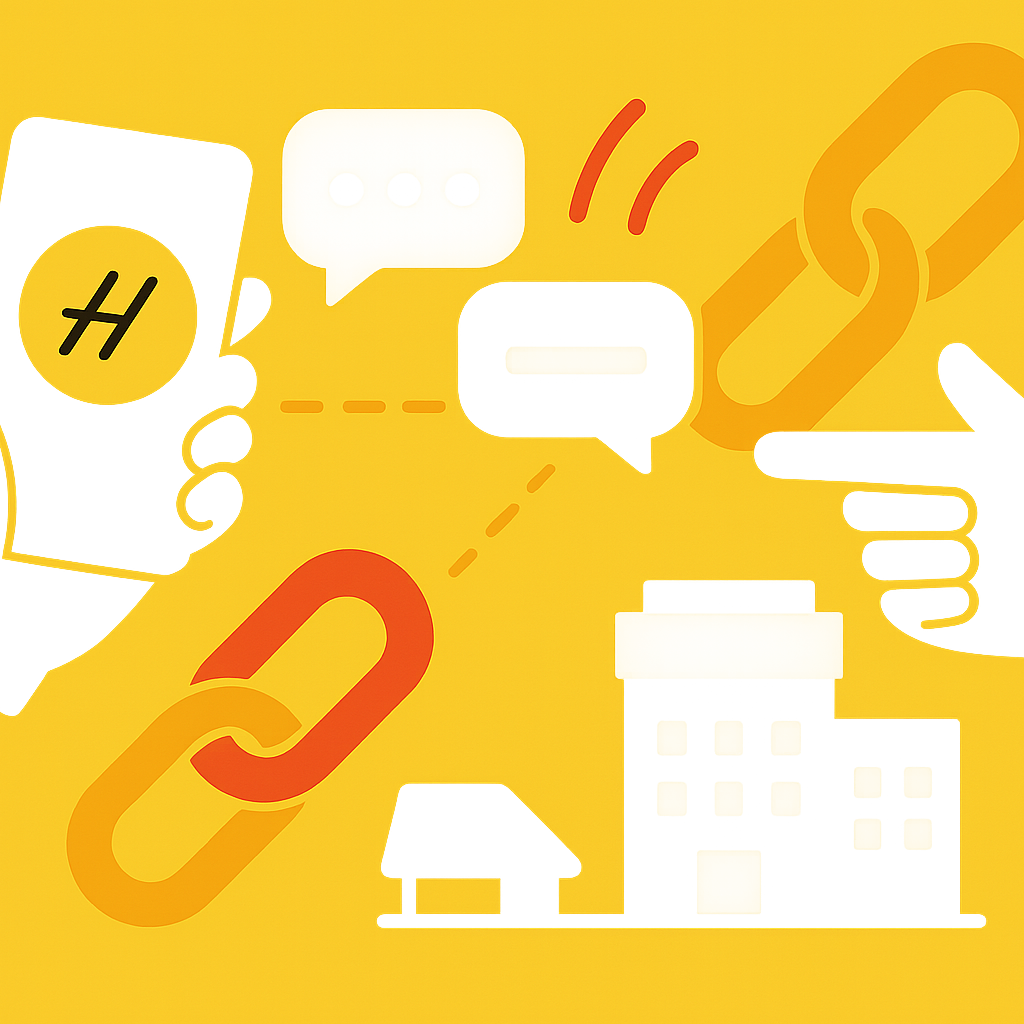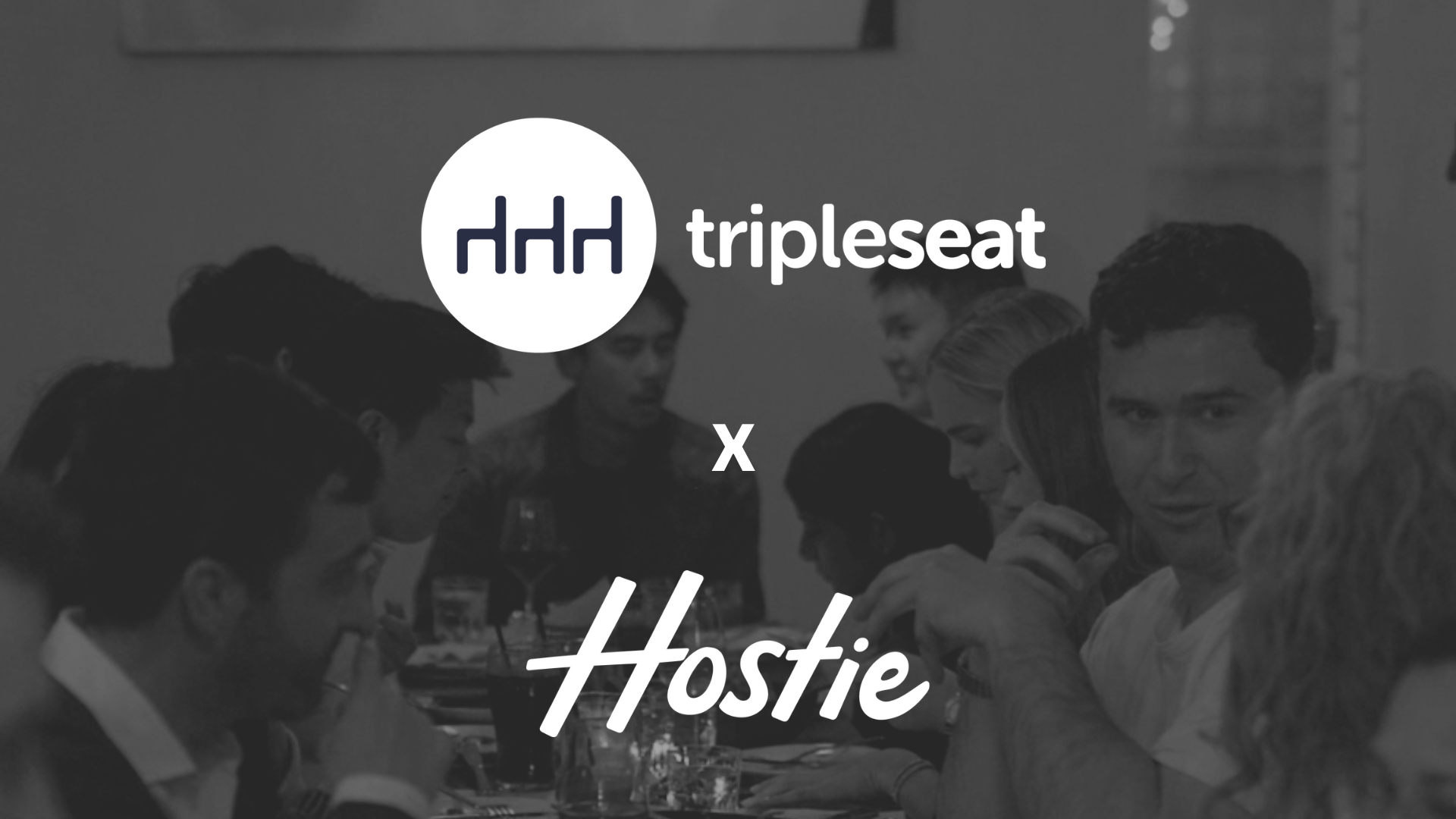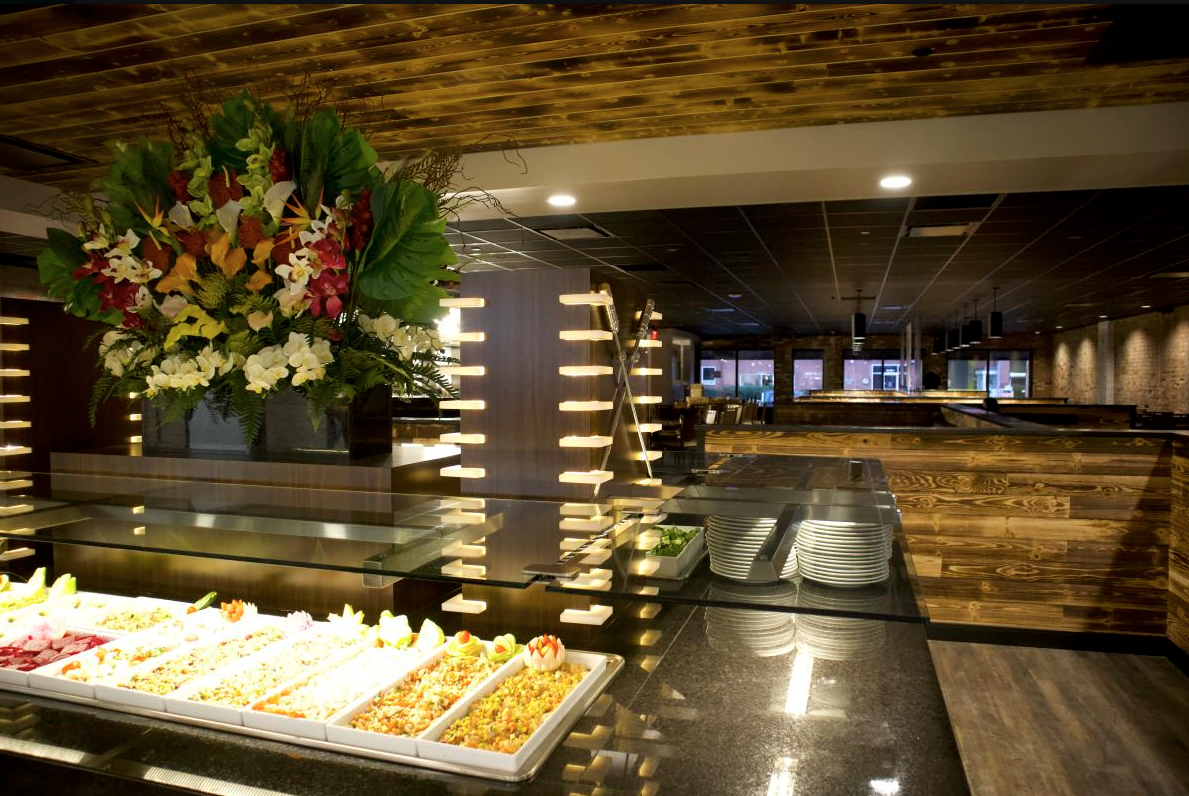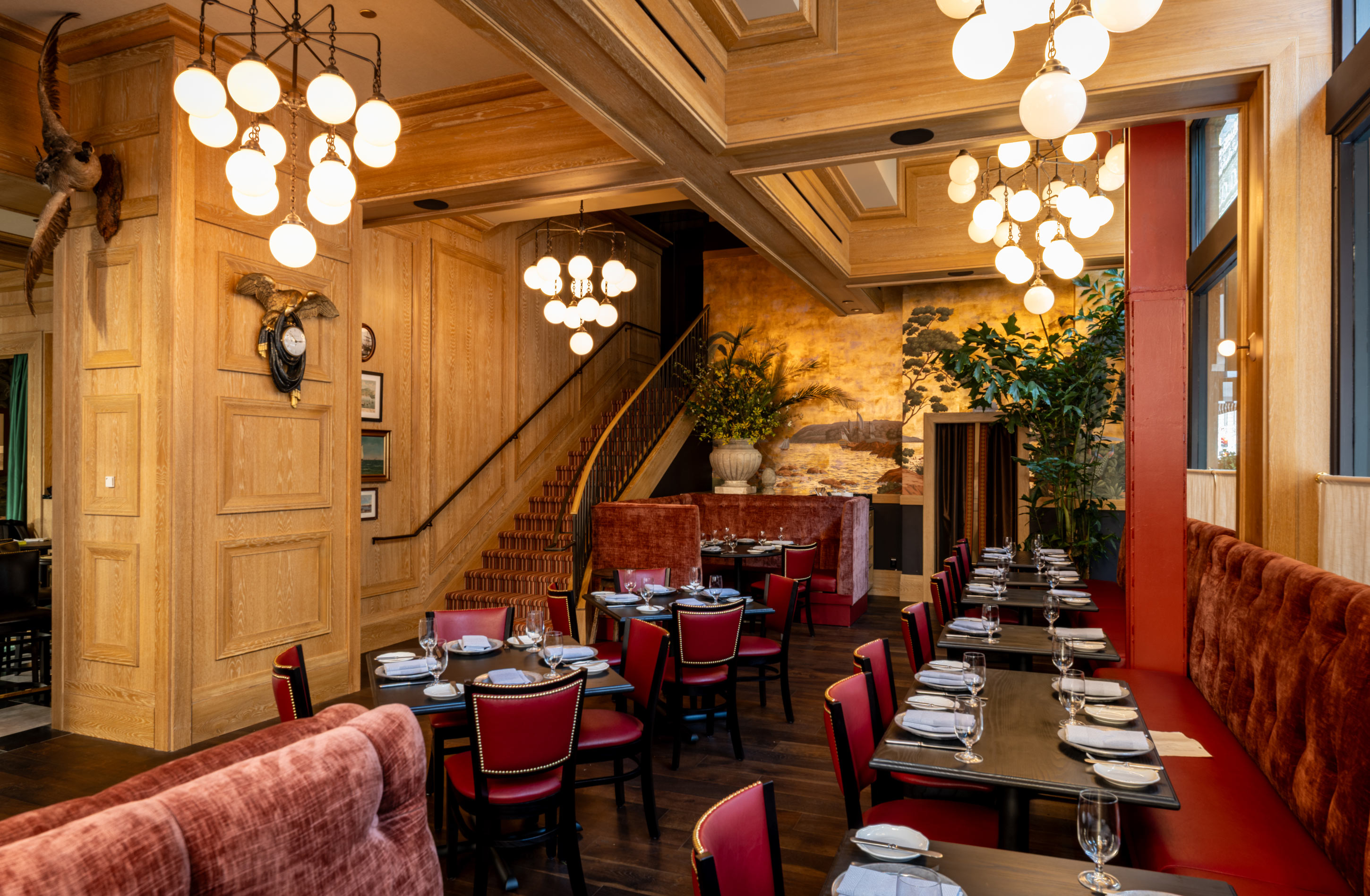
When you're running a restaurant, every dollar counts—and every missed call costs you money. With front-of-house wages increasing by 12% year-over-year and restaurants missing approximately 30% of incoming calls during peak hours, AI texting and phone systems have become essential tools for staying competitive (2025 AI Phone-Answering Service Cost & ROI Breakdown). But what does AI texting actually cost in 2025, and how do those costs scale from a cozy 50-seat bistro to a bustling 10-unit chain?
The answer isn't as simple as looking at base subscription prices. While platforms like Hostie start at $199 per month, the true total cost of ownership includes setup fees, POS integrations, overage charges, and staff training (AI Restaurant Software Costs in 2025). In this comprehensive breakdown, we'll model year-one costs for three restaurant archetypes, factor in call and SMS overages, and help you make an informed purchase decision that fits your specific operation.
Most restaurant operators start their research by looking at monthly subscription fees, but that's only part of the story. AI restaurant software platforms have evolved into sophisticated guest management systems capable of handling complex reservations, order modifications, and private event inquiries (2025 AI Phone-Answering Service Cost & ROI Breakdown).
The true cost includes:
Hostie offers three pricing tiers designed for different restaurant sizes and needs. The Essential plan starts at $199 per month per location, the Premium plan at $399 per month per location, and the Hospitality Plus plan at $599 per month per location (Hostie Pricing). Each tier includes different features and usage limits, making it crucial to understand your specific volume requirements.
Before diving into restaurant-specific costs, it's important to understand how SMS pricing works. SMS messages cost money because the content travels across a carrier's network, which they build, secure, and maintain. Carriers apply fees (also called A2P fees, SMS carrier fees, or just SMS fees) to offset these costs and discourage spam (SMS Pricing and Standard Message Rates).
For restaurants, this means every confirmation text, reservation reminder, and customer service message incurs a small fee—typically $0.01-0.05 per message segment. While individual costs seem minimal, they add up quickly for high-volume operations. A busy restaurant sending 1,000 SMS messages monthly could face $10-50 in carrier fees alone, before platform costs.
A typical 50-seat bistro receives between 400-600 calls monthly, with about 30% being basic inquiries that AI can handle effectively (2025 AI Phone Reservation Systems Cost Breakdown). Text volume usually runs 200-400 messages monthly, including reservation confirmations, wait time updates, and basic customer service.
| Cost Component | Monthly | Annual |
|---|---|---|
| Hostie Essential Plan | $199 | $2,388 |
| SMS Overages (300 msgs @ $0.02) | $6 | $72 |
| Setup & POS Integration | - | $750 |
| Staff Training (8 hours @ $15/hr) | - | $120 |
| Total Year-One Cost | $205 | $3,330 |
For a 50-seat bistro, the median host wage is $14.61 per hour according to Bureau of Labor Statistics data (2025 Cost-Savings Calculator). Even part-time coverage (20 hours/week) costs $15,194 annually in wages alone, not including benefits or training costs. The AI system pays for itself by handling after-hours calls and reducing missed reservations.
Hostie's platform acts as a virtual concierge, providing 24/7 guest communication that would be impossible with human staff alone (Hostie Features). For small restaurants, this consistent availability can capture reservations that would otherwise be lost to voicemail or busy signals.
A 150-seat full-service restaurant typically handles 1,200-1,800 calls monthly, with higher complexity requiring more sophisticated AI capabilities. Text volume often reaches 800-1,200 messages monthly, including reservation management, wait list updates, and customer service interactions.
| Cost Component | Monthly | Annual |
|---|---|---|
| Hostie Premium Plan | $399 | $4,788 |
| SMS Overages (1,000 msgs @ $0.02) | $20 | $240 |
| Call Overages (200 extra @ $0.10) | $20 | $240 |
| Setup & POS Integration | - | $1,200 |
| Staff Training (16 hours @ $15/hr) | - | $240 |
| Total Year-One Cost | $439 | $6,708 |
At this volume, restaurants benefit from Hostie's enterprise-level insights, conversation scoring to spot trends and prioritize calls, and AI-powered recommendations when one location is booked (Hostie Features). The Premium plan includes marketing features to send targeted text messages and turn callers into return guests, directly impacting revenue.
Restaurants at this scale often see AI hosts generating additional revenue of $3,000 to $18,000 per month per location—up to 25 times the cost of the AI host itself (AI Restaurant Software Costs in 2025). This ROI makes the higher-tier investment worthwhile for busy establishments.
Fast-casual chains typically see 600-900 calls per location monthly, with standardized operations allowing for more efficient AI handling. Text volume averages 500-700 messages per location, primarily order confirmations and pickup notifications.
| Cost Component | Monthly | Annual |
|---|---|---|
| Hostie Hospitality Plus Plan | $599 | $7,188 |
| SMS Overages (600 msgs @ $0.015) | $9 | $108 |
| Call Overages (100 extra @ $0.08) | $8 | $96 |
| Setup & Integration (amortized) | - | $400 |
| Per Location Cost | $616 | $7,792 |
| Total 10-Location Cost | $6,160 | $77,920 |
Multi-location operators benefit from Hostie's unified platform that provides real-time visibility with transcripts, reports, and support across all locations (Hostie Features). The Hospitality Plus plan includes enhanced support benefits and personalized onboarding, crucial for maintaining consistency across multiple units.
Chains often negotiate volume discounts and benefit from economies of scale in setup and training. The platform's ability to handle 20 different languages becomes particularly valuable for chains operating in diverse markets (Hostie).
Integrating AI systems with existing reservation and POS systems can range from simple API connections to complex custom development. Hostie integrates seamlessly with existing reservation and POS systems, but setup complexity varies by restaurant tech stack (Hostie).
Restaurants handling customer data must consider compliance costs, particularly for chains operating across multiple states. Premium plans typically include enhanced security features and compliance support that may be mandatory for larger operations.
While AI systems reduce staffing needs, they require initial training and ongoing management. Hostie provides always-on support and was created by operators who understand the pace, pressure, and passion of the industry (Hostie). This industry expertise reduces training time and improves adoption rates.
AI is making significant inroads into restaurant front-of-house operations, with companies like Newo.ai, Slang, RestoHost, Hostie, Revmo, and PolyAI managing bookings and engaging in natural conversations (AI Restaurant Software Costs in 2025). However, not all platforms are created equal.
Hostie was founded by restaurant people and provides full transparency and visibility in all interactions (Hostie Blog). The platform offers a unified mobile-first interface for all calls, texts, and emails, with real-time revenue and guest updates that keep staff informed (Hostie Features).
One restaurant owner noted: "One of the best and most appreciated tasks that Hostie does for us, in our small, labor-conscious restaurant, is answer and assist in giving our guests the information they need to book reservations. It literally is like having an extra person 'working the phones.'" This real-world feedback demonstrates the platform's practical value.
When evaluating AI solutions, consider cost-per-order rather than just monthly fees. With 45% of restaurant operators expecting more intense competition and 98% citing higher labor costs as a major challenge, efficiency metrics become crucial (2025 Cost Showdown).
Hostie handles over 2,000 monthly calls for clients like Tacolicious, which has seen a 20% increase in reservations since implementation (Hostie Blog). This performance demonstrates measurable ROI beyond cost savings.
AI adoption in restaurants is accelerating globally, with 87% of UAE restaurant operators, 79% of U.S. operators, 74% of U.K. operators, and 65% of Australian operators now using AI in their operations (2025 AI Phone Reservation Systems Cost Breakdown).
Over two-thirds of Americans are willing to abandon restaurants that don't answer the phone, making reliable communication systems essential for customer retention (2025 Cost Showdown). AI systems provide the consistency and availability that modern diners expect.
AI phone systems have evolved from simple call routing to sophisticated guest management platforms. Modern systems can handle complex reservations, order modifications, and private event inquiries with natural conversation flow (2025 AI Phone-Answering Service Cost & ROI Breakdown).
Most restaurants see full ROI within 3-6 months of implementation. Hostie's operator app provides real-time alerts and updates, helping staff adapt quickly to the new system (Hostie Features).
AI texting costs in 2025 vary dramatically based on restaurant size, volume, and feature requirements. A 50-seat bistro might spend $3,330 annually for comprehensive AI communication, while a 10-unit chain could invest nearly $78,000 for enterprise-level features across all locations.
The key is understanding that base pricing tells only part of the story. Factor in SMS overages, setup costs, and training time to get accurate total cost of ownership. More importantly, consider the revenue impact: AI systems that capture missed calls, improve reservation rates, and provide 24/7 customer service often pay for themselves within months.
Hostie's platform, built by restaurant operators for restaurant operators, offers transparent pricing and proven results (Hostie). With features like multi-language support, seamless POS integration, and always-on support, it addresses the real challenges facing today's restaurant industry.
Whether you're running a neighborhood bistro or managing a growing chain, the question isn't whether you can afford AI texting—it's whether you can afford to miss the calls and reservations that keep your restaurant thriving.
💡 Ready to see Hostie in action?
Don't miss another reservation or guest call.
👉 Book a demo with Hostie today
AI restaurant software platforms typically start at $199 per month for basic plans, but the true total cost of ownership includes setup fees, POS integrations, overage charges, and staff training. Small restaurants with 50-75 seats can expect monthly costs ranging from $250-$500, while multi-unit chains may pay $800-$2,000+ per month depending on volume and features.
According to 2025 data, AI hosts are generating additional revenue of $3,000 to $18,000 per month per location, which can be up to 25 times the cost of the AI host itself. This ROI comes from capturing missed calls, reducing no-shows, and improving customer engagement during peak hours when restaurants typically miss 30% of incoming calls.
Beyond base monthly fees, restaurants should budget for SMS carrier fees (A2P fees), setup and integration costs, overage charges for high-volume messaging, staff training expenses, and potential POS integration fees. These hidden costs can add 20-40% to the advertised monthly price, making it crucial to understand the true total cost of ownership.
Single-location bistros typically pay per-location pricing starting around $199-$399 monthly, while restaurant chains often benefit from volume discounts and enterprise pricing. Chains with 5-10 locations may negotiate rates 15-30% lower per location, plus centralized management features that reduce operational complexity and training costs.
Hostie AI provides comprehensive restaurant communication solutions including AI-powered phone answering, text messaging, reservation management, and seamless integration with existing POS systems. The platform handles complex reservations, order modifications, and private event inquiries while maintaining natural conversations in multiple languages, making it a complete front-of-house communication solution.
Yes, especially considering that front-of-house wages have increased 12% year-over-year and restaurants miss 30% of calls during peak hours. With median host wages at $14.61 per hour, a single AI system costing $199-$399 monthly can replace or supplement expensive human labor while capturing revenue from previously missed opportunities, often paying for itself within the first month.
RELATED


